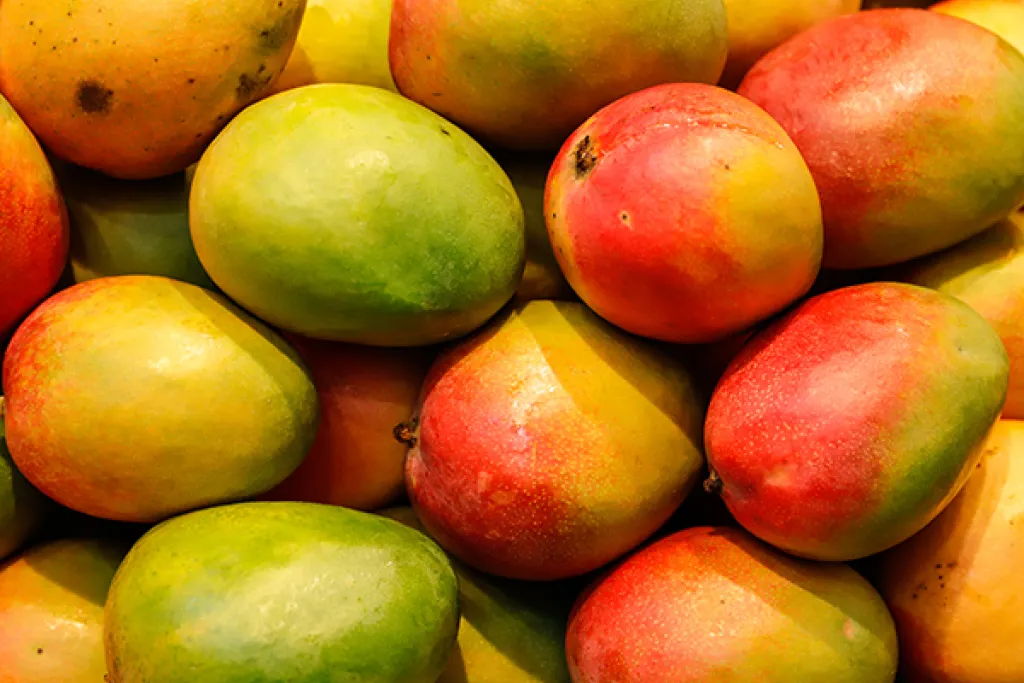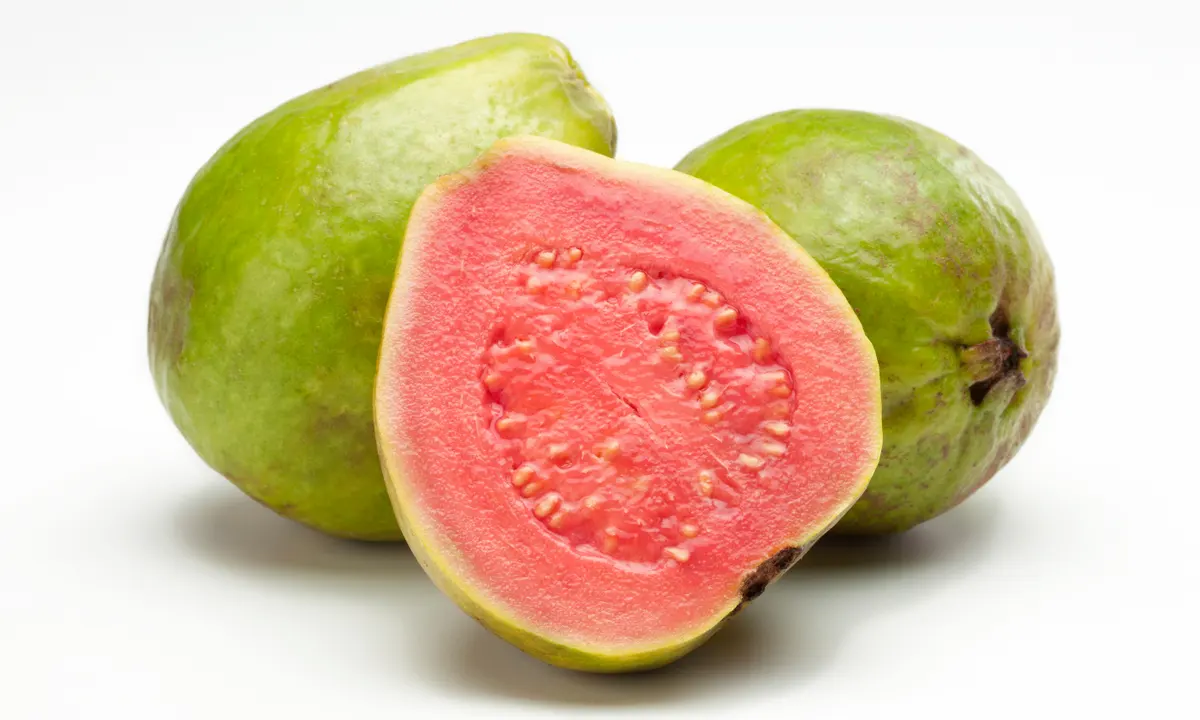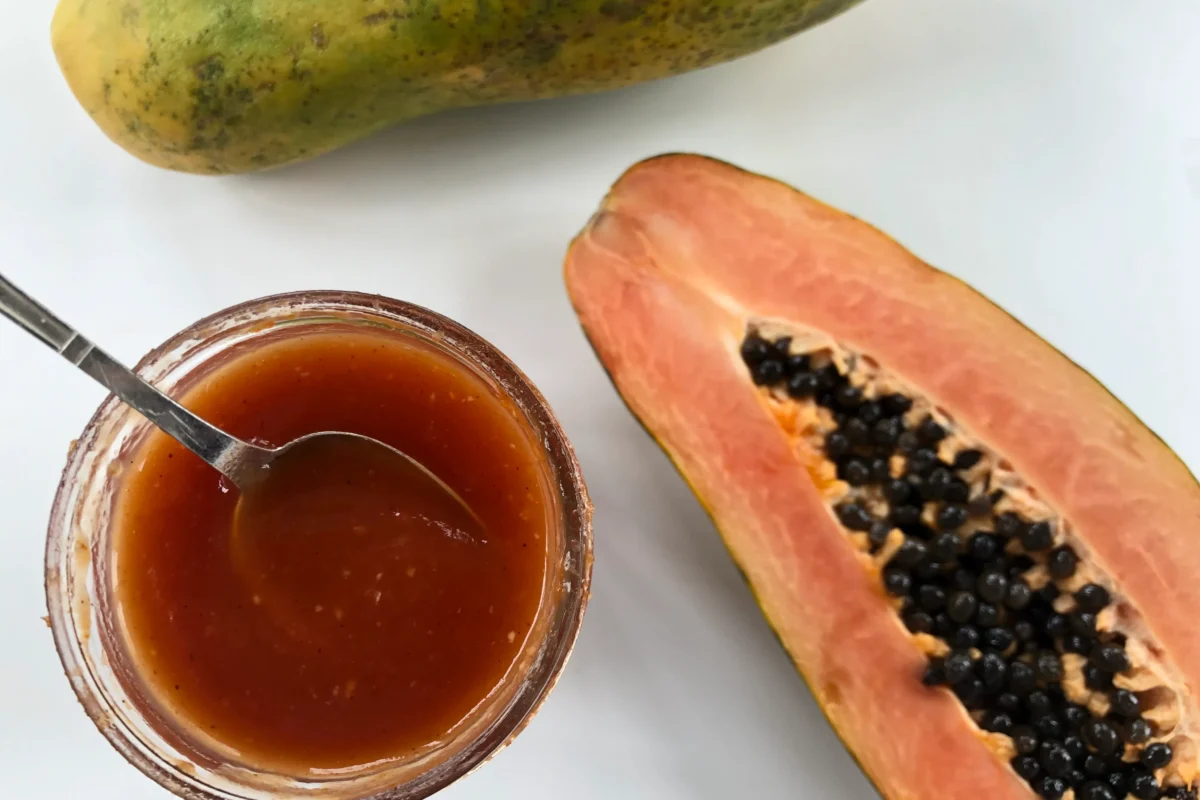When preparing for an emergency there are a number of things that should be considered as it relates to Food security, supply and storage.
Food safety is paramount during the hurricane season and families; large or small need safe foods to consume during and after a disaster. There are many ways to store and prepare food for the family and it is important to have a family disaster plan which outlines food safety mechanisms for all members of the family.
When planning and storing foods for a disaster it is important to have foods stored on a short-term and long-term basis; these are foods that can be stored and consumed safely for up to three days post-disaster and also foods that are suitable to be stored for up to two weeks or more post-disaster.
Store foods that are easy to prepare such as canned and packaged that do not require cold storage, Thin ahead and plan menus to include a variety of food groups so that the family can have at least one well-balanced meal each day post-disaster. Buy items like flour, grains, seeds, and peas in bulk and if possible, keep fresh fruits and vegetables on hand for use in the short term and replace them if available after the event. Store an adequate amount of water for the family; at least 1 gallon of water per day for each person and each pet, more water is needed for pregnant women and for people who are sick.
Store opened packages of cereal, crackers, sugar, pasta, rice, and others in plastic bags or Ziplock bags and place them in airtight storage buckets or containers to protect them from rodents and insects. Powdered milk should be stored in an air-tight container. Add vitamin, mineral, and protein supplements to your food storage list to ensure adequate nutrition for the long term. Check the expiration dates for all foods before storing them and ensure they are three months or more before expiration. Ensure that canned foods are free of dents or rust since this can make them unsafe to consume.
If the electricity goes out after the disaster, perishable foods should be used before using your emergency supply. Minimize the number of times cold storage equipment is open to keep foods safe a little longer; grouping foods in the freezer will help them stay cold longer and can prevent cross-contamination, especially when thawing begins. Check out our social media pages for healthy recipes and food and nutrition tips.





